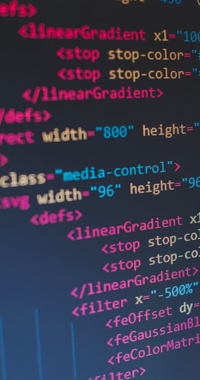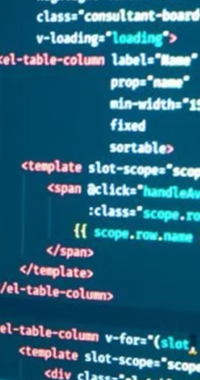The course then delves into popular programming languages like Python, known for its simplicity and versatility; Java, valued for its robustness and platform independence; JavaScript, essential for web development; and C/C++, fundamental for understanding low-level programming and performance optimization. Additionally, you’ll explore Ruby for web development and SQL for database management.
Beginners: Individuals new to programming who want to learn the fundamentals and start their coding journey.
Intermediate Developers: Those with some experience looking to deepen their knowledge and master multiple programming languages.
Professionals: Software developers, data analysts, and IT professionals seeking to expand their skill set and advance their careers.



Throughout the course, you will work on hands-on projects that simulate real-world programming scenarios. These projects will help you apply what you’ve learned and build a portfolio to showcase your skills.